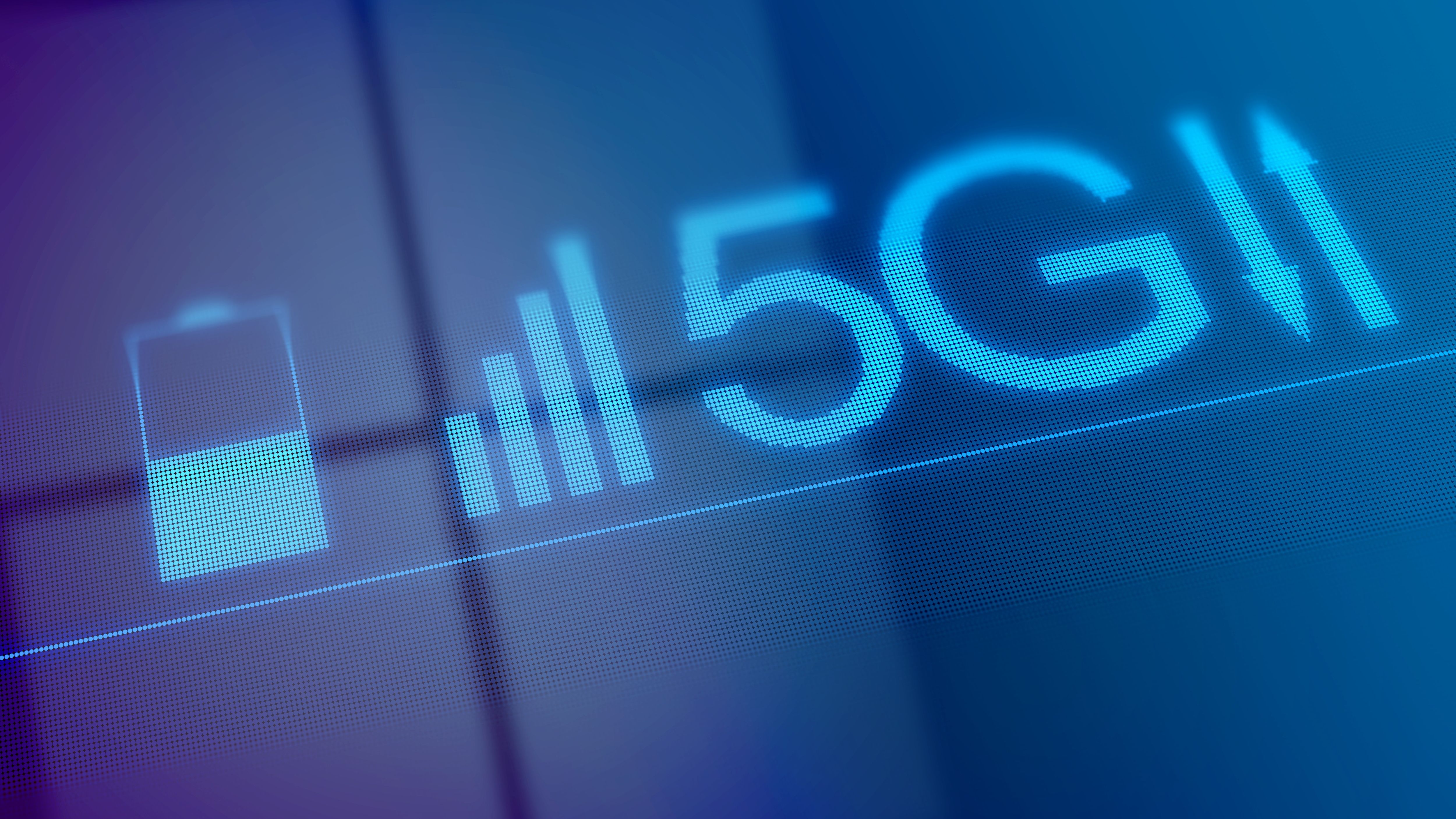Will 5G kill off home broadband as we know it?
Is it the beginning of the end for home broadband as 5G arrives?

Is 5G internet here to kill off hard-wired home broadband as we know it? To answer that, consider an older statement: "video killed the radio star". Did it? Sort of. But the two can work with one another rather than against. Either way it should affect the best broadband deals in a good way for your wallet as competition helps drive down prices.
This working side-by-side, perhaps, is how the future of 5G and fibre optic broadband will work. Some places might benefit from 5G and others from a hard-wired connection. To better understand why, you need to think about what each one offers over the other.
The best 5G home broadband deal right now:
Three Home Broadband with Huawei AI Cube | 24-month contract | £0 upfront | Unlimited data | Around £25 a month
Three sky-rocketed up to the top of the list of 5G broadband plans based on two crucial factors - it offers unlimited data and is extremely cheap, coming in at £22 a month (at the time of writing). While the contract is 24 months, you can drop it to a year or one month for an added cost.
Is 5G better than wired broadband?
Don't expect to say goodbye to fibre broadband deals any time soon. Since these cables use light to transmit data they're technically not limited by bandwidth speeds and continue to evolve with speeds of 1Gb available now in the UK. Also, a lot of money has been invested in their infrastructure so they won't just be abandoned.
Current 4G and 5G broadband means availability in areas that might otherwise not get a cable connection. It can also mean fast speeds of 300Mb 4G and Gb 5G without costing too much. The downside is that many make you pay for data which can bump those prices up.
So how will they work in the future?
5G and fibre will work together
While the current 4G broadband offering is totally separate to fibre broadband, the future could see a combination thanks to 5G.
Currently the bottleneck on speeds happens in the "last mile" where the connection goes from a major line to smaller lines spread to homes that each use up a chunk of bandwidth, lowering speed potential. This is where 5G comes in.
By using 5G for that last stretch it'll be possible to keep speeds high, while still using the stable fibre optic infrastructure that's in place.
A recent Ovum report suggests that 5G will consistently support average speeds of 80 to 100Mb.
Will 5G be cheaper than broadband?
If there ends up being mainstream 5G and fibre broadband deals, expect the latter to be more affordable. Since 5G is expensive to install and maintain it will take some time before losses are covered and deal pricing can drop.
Yes 5G will offer Gb speeds over the air to places that might not be able to access fibre internet. But that fibre still has the potential for even faster speeds and has an established installation and maintenance system in place.
The future, as they say, will reveal all but don't expect that to happen soon.
Read more:
- Max out your package with the best broadband and TV deals
- Get prepared for the savings - learn about this year's Amazon Prime Day
- Some of the best fibre plans are owned by Vodafone broadband deals
Today's best broadband deals
Get daily insight, inspiration and deals in your inbox
Sign up for breaking news, reviews, opinion, top tech deals, and more.
Luke is a freelance writer and editor with over two decades of experience covering tech, science and health. Among many others he writes across Future titles covering health tech, software and apps, VPNs, TV, audio, smart home, antivirus, broadband, smartphones, cars and plenty more. He also likes to climb mountains, swim outside and contort his body into silly positions while breathing as calmly as possible.

